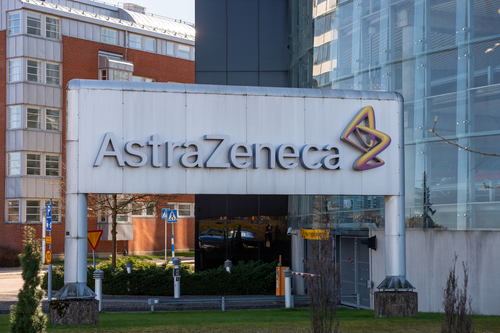
The Coalition for Epidemic Preparedness Innovations (CEPI) announced it would bring $383 million to a new partnership with AstraZeneca this week to guarantee 300 million globally accessible doses of the company’s AZD1222 vaccine candidate for COVID-19.
That vaccine still has to be proven safe and effective, but the funding would support the technical transfer of the vaccine’s production technology to manufacturing sites, largely in Europe. Funds would also go toward manufacturing materials and reserve manufacturing slots, securing the vaccine for the COVID-19 Vaccine Global Access Facility. That facility is the means through which CEPI partners with Gavi and the World Health Organization (WHO).
“AstraZeneca and our other industry partners have a critical role to play in rapidly developing safe and effective vaccines and manufacturing the billions of doses needed to put a permanent end to the COVID-19 pandemic,” Dr. Richard Hatchett, CEO of CEPI, said. “AstraZeneca is admirably committed to equitable global access for this vaccine, and this partnership demonstrates how the COVID-19 Vaccine Global Access Facility will bring the private, public and third sectors together to make COVID-19 vaccines available to those who need them most, for the benefit of all.”
AstraZeneca will supply the vaccine — which has reached late-stage Phase 2/3 clinical trials — to the facility at no profit during the pandemic. If its safety and efficacy can be proven, its first doses should be available early next year. From there, vaccines would be released on a rolling basis, with the full quota to be reached by July 2021.
“We are working tirelessly to honour our commitment to ensure broad and equitable access to Oxford’s vaccine across the globe and at no profit,” Pascal Soriot, CEO of AstraZeneca, said. “Today marks an important step in helping us supply hundreds of millions of people around the world, including to those in countries with the lowest means. I am deeply grateful for everyone’s commitment to this cause and for their work in bringing this together in such a short time.”
Before this, CEPI gave initial seed funding for AZD1222. That money had supported the manufacture of clinical trial materials at the University of Oxford and preclinical studies at Australia’s Commonwealth Scientific and Industrial Research Organization.




